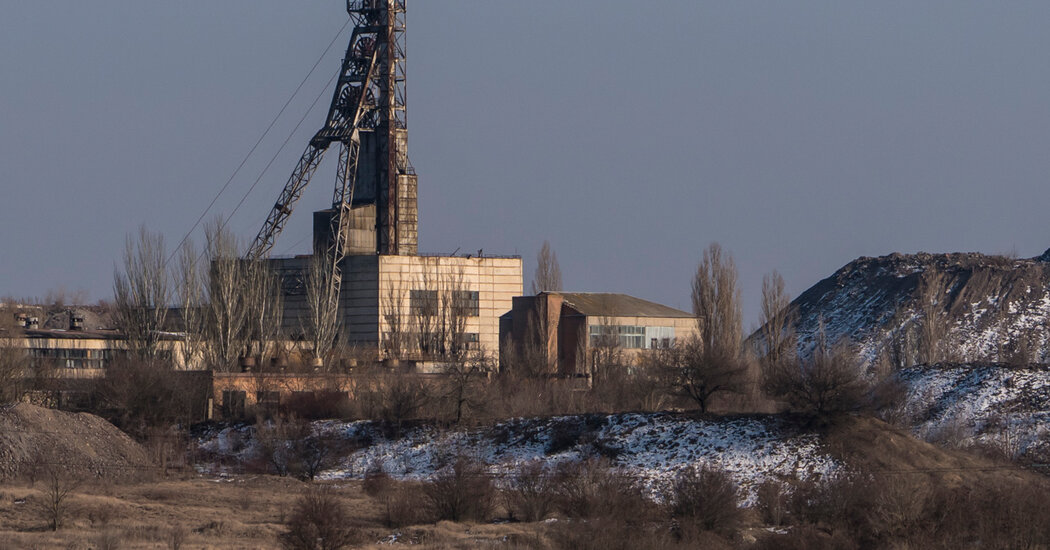Ukraine signed a minerals sharing deal with the U.S.
The U.S. will share future revenues from Ukraine’s mineral reserves under an agreement announced by the Trump administration that creates a joint investment fund between the countries. But it is not clear that the deal includes any guarantee of future U.S. security assistance, and it will have little significance if fighting between Ukraine and Russia persists.
The agreement, which comes after months of fraught negotiations, is intended to give President Trump a personal stake in Ukraine’s fate while addressing his concerns that the U.S. has provided Kyiv with a blank check to try to withstand Russia’s invasion. The Trump administration did not immediately provide details about the agreement.
Ukraine allies in Washington expressed some relief, calling the deal a notable improvement over earlier versions — and a sign that Kyiv can work constructively with Trump. But others have seen the deal as the U.S. taking advantage of Ukraine’s reliance on American aid to win control of valuable natural resources, without offering strong guarantees in return.
Background: The deal was delayed after an explosive meeting in the Oval Office in late February between Trump and Volodymyr Zelensky, the Ukrainian leader. Negotiations since then have centered on whether U.S. military aid would be treated as debt that Ukraine needed to repay.
Israel’s military intervened in Syrian sectarian violence
Israel launched airstrikes on Syria yesterday and threatened to strike government forces if clashes persisted between pro-government fighters and militiamen from the Druse minority.
The Israeli military said its aircraft had struck a group of “operatives” accused of having “attacked Druse civilians” south of Damascus. At least 39 people — including 22 yesterday — have been killed in two days of clashes on the outskirts of Damascus, according to a war-monitoring group.
Britain’s hottest May Day ever?
Temperatures in Britain may break records today, with highs of 84.2 degrees Fahrenheit (29 Celsius) forecast in southern England. Heat this week has been driven by a large area of high pressure, which has caused descending air that warms as it sinks, and continuous sunshine fueling daytime heating.
If temperatures soar even higher, today could become the earliest date in the year that Britain has hit 86 Fahrenheit (30 Celsius), based on Met Office data going back to 1860. Temperatures are expected to ease over the weekend.
The latest: London recorded Britain’s highest temperature of the year on Monday, only for that to be beaten on Tuesday. Overnight temperatures have been above average, too, with parts of Scotland experiencing their warmest April night on record.
A small cafe-bar in western France recently had a surprising visitor: the president of the Republic. Emmanuel Macron has taken to dropping in on random bars, without press or an entourage, to schmooze with patrons and hear their day-to-day concerns.
“He did not come to scratch!” a bar owner said, alluding to betting games he offers on scratch cards. “He came to chat.”
Lives lived: Jane Gardam, whose fiction captured both working-class and aristocratic Britain in the last years of the colonial era, died at 96.
Read your way back in time
The beauty of books can be their ability to transport readers to faraway places and cultures. Our critic picked four new works of historical fiction that whisk readers to Europe, Gilded Age New York and elsewhere.
An intimate train car speeding through France is filled with tension in “The Paris Express.” Working-class residents of Vienna are stuck in the shadow of war in “The Café With No Name.” See what else got our critic’s attention.



